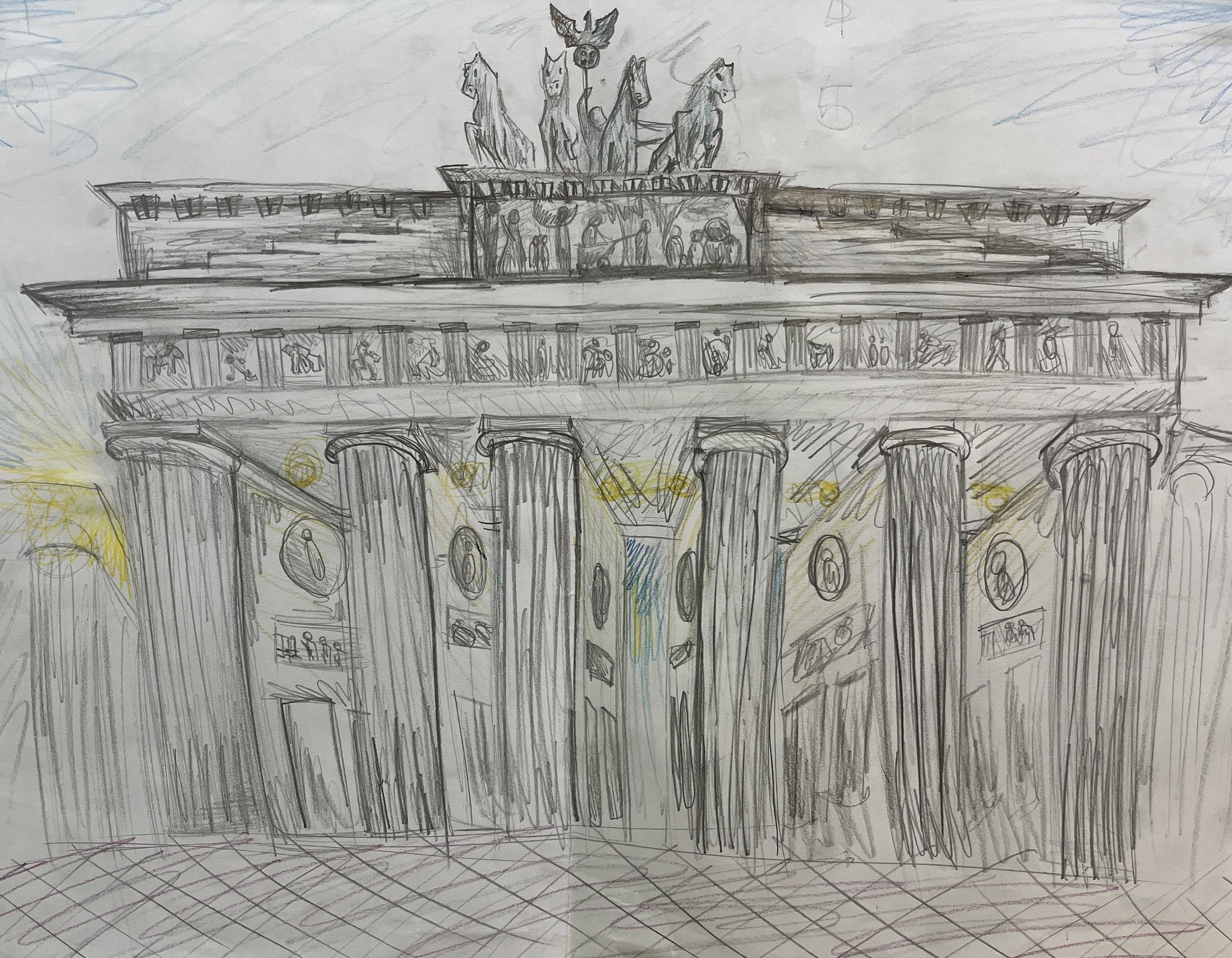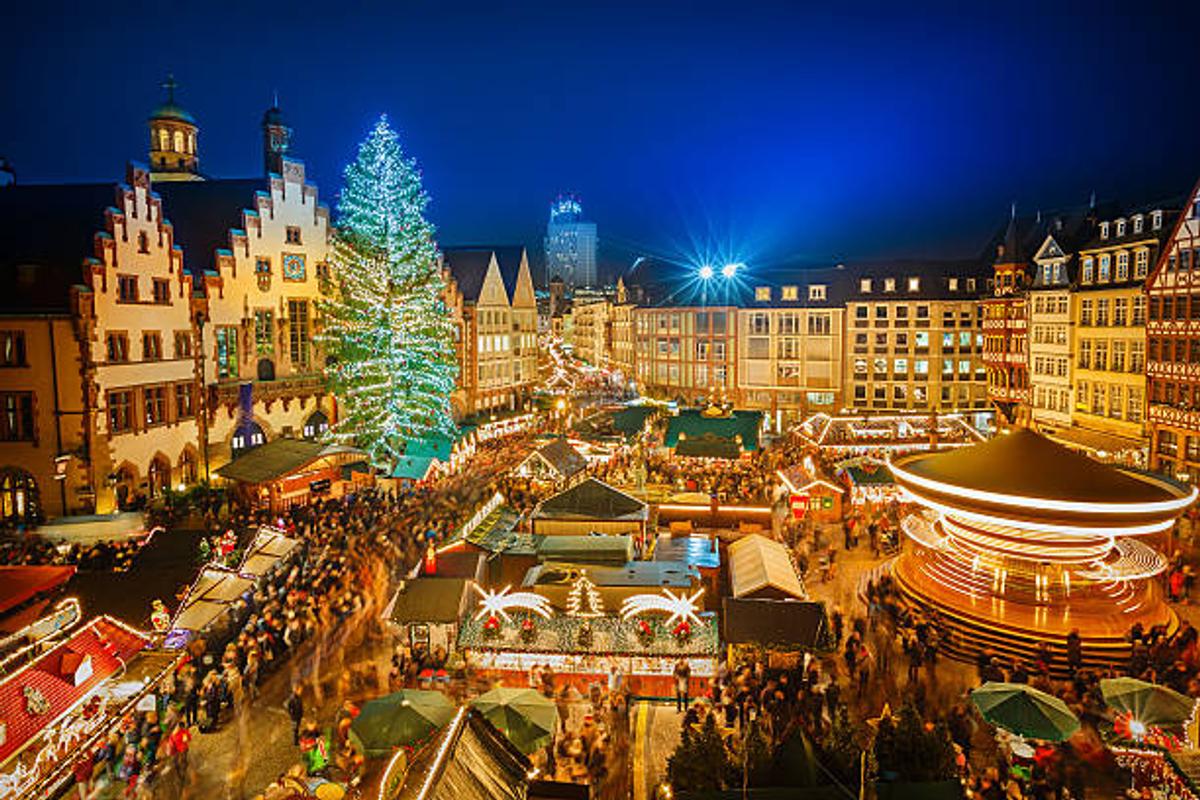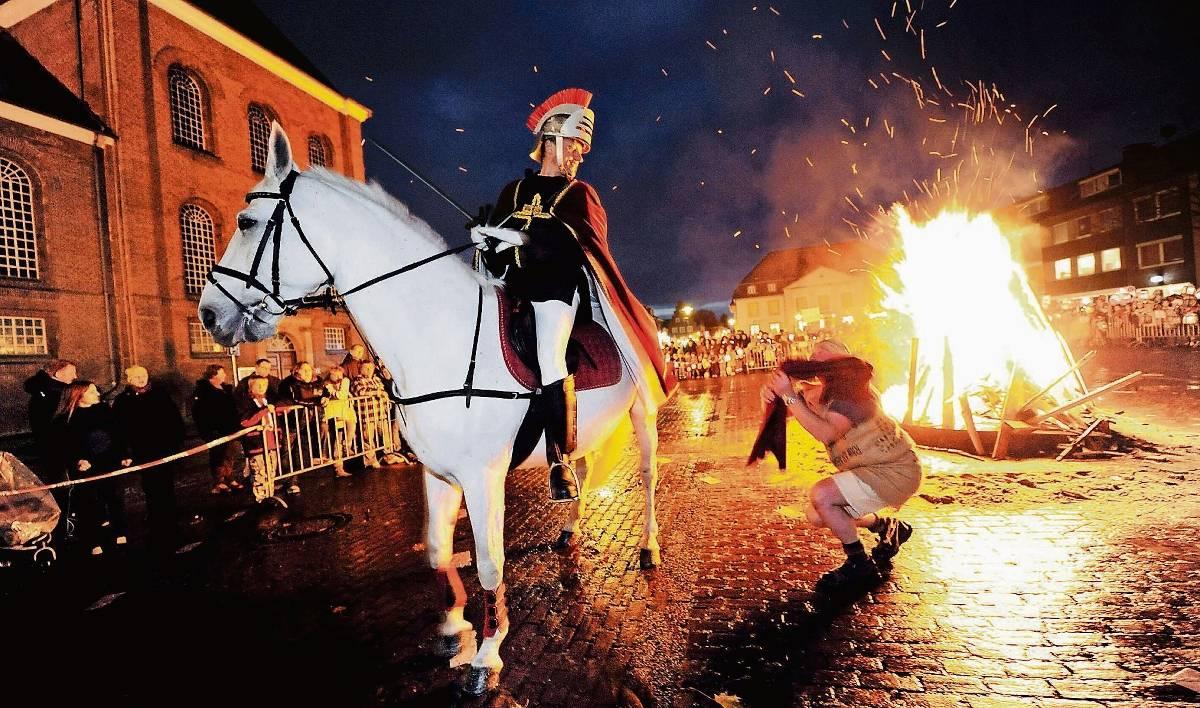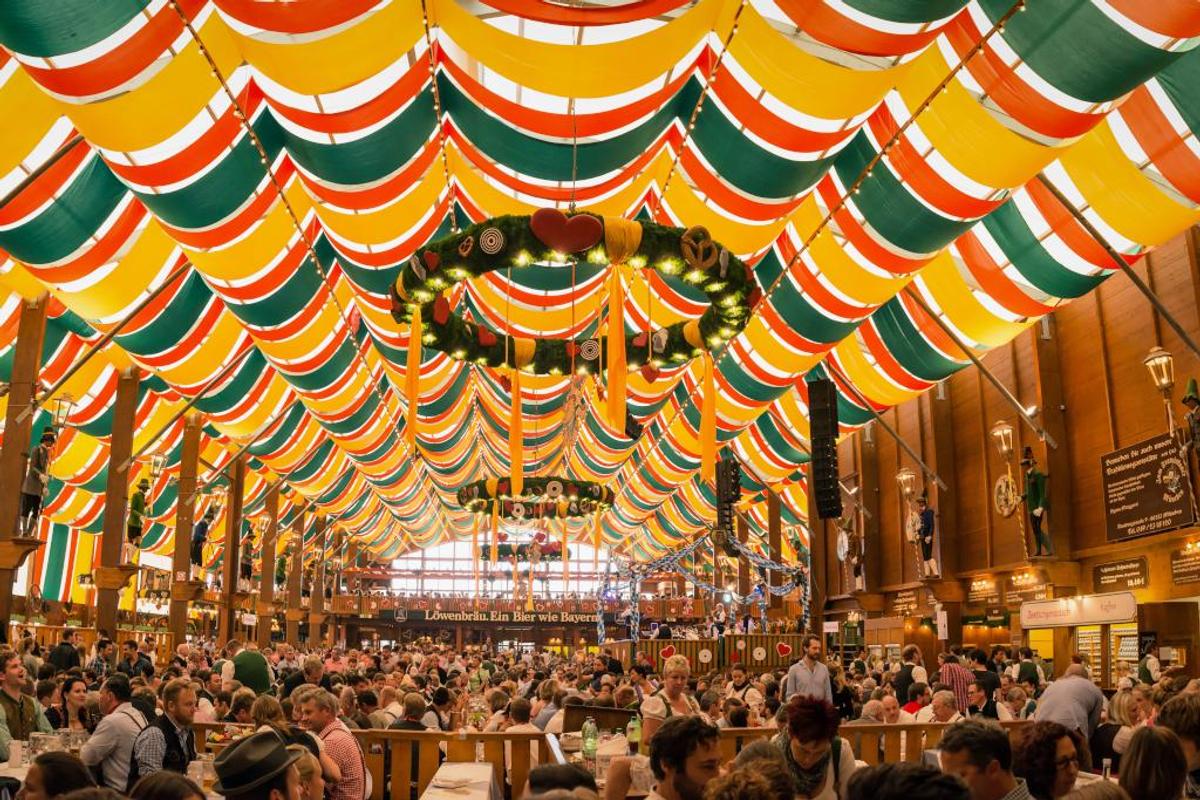Deutsche Ecke
R-5 Libby Edwards
Yrs 3-6 Emma Chesterman

Deutsche Ecke
R-5 Libby Edwards
Yrs 3-6 Emma Chesterman
Our Year 3 students are learning about Feste in Deutschland – celebrations in Germany. Over the coming weeks, they will be able to say ich feiere, ich mache and ich singe (I celebrate, I make and I sing) in relation to German celebrations, as well as in relation to festivals they celebrate themselves. Here are three of the German festivals we will be learning about:
Oktoberfest is a famous beer festival that started in Munich, Germany, in 1810. It began as a royal wedding celebration for Prince Ludwig and Princess Therese. Today, it usually takes place from late September to the first weekend in October, lasting 16 to 18 days.
People from around the world visit Munich for the festivities, enjoying traditional German beers, delicious food, and live music. Celebrations include fun rides, games, and parades with traditional costumes. Many dress in Bavarian clothing, like lederhosen and dirndls. Along with beer, visitors can enjoy pretzels, sausages, and roasted chicken.
While Munich hosts the largest Oktoberfest, similar celebrations occur globally, including in the U.S., Canada, and Australia, allowing more people to enjoy the festive atmosphere!
Martinstag, or St. Martin's Day, is celebrated on November 11th each year to honor St. Martin, known for sharing his coat with a beggar. The holiday has roots in ancient harvest celebrations.
On Martinstag, children carry colorful lanterns in parades, singing traditional songs as they walk through neighborhoods. Families enjoy special foods, such as roasted goose and sweet pastries shaped like Martin's coat.
Communities often organize festivities with bonfires, where people gather to share stories and enjoy warm drinks. Martinstag is especially popular in Germany, Belgium, and parts of Austria and Switzerland. The celebration brings families and friends together, highlighting themes of kindness and sharing as winter approaches. It’s a joyful way to remember St. Martin’s spirit and the importance of helping others.
Weihnachten (Christmas) in Germany is a magical time filled with special traditions and activities. It begins with Advent, the four weeks leading up to Christmas. Families often light candles on an Advent wreath and open a door on an Advent calendar each day.
One popular tradition is the Christmas market, or "Weihnachtsmarkt." These markets offer handmade gifts, tasty treats like gingerbread cookies, and warm drinks like mulled wine. People gather to enjoy the festive atmosphere, listen to carols, and shop for unique items.
On Christmas Eve, families come together for a special meal, often featuring roast goose or duck. They also exchange gifts, which are usually placed under the Christmas tree.
Characters like Christkind, a gift-bringer often depicted as an angel, and Nikolaus, who brings treats on December 6th, are important in German Christmas celebrations. Overall, Christmas in Germany is a time of joy, family, and cherished traditions that create lasting memories.
We hope your children can share stories about their learning as the term progresses.
Frau Chesterman & Frau Edwards






Frau Chesterman & Frau Edwards